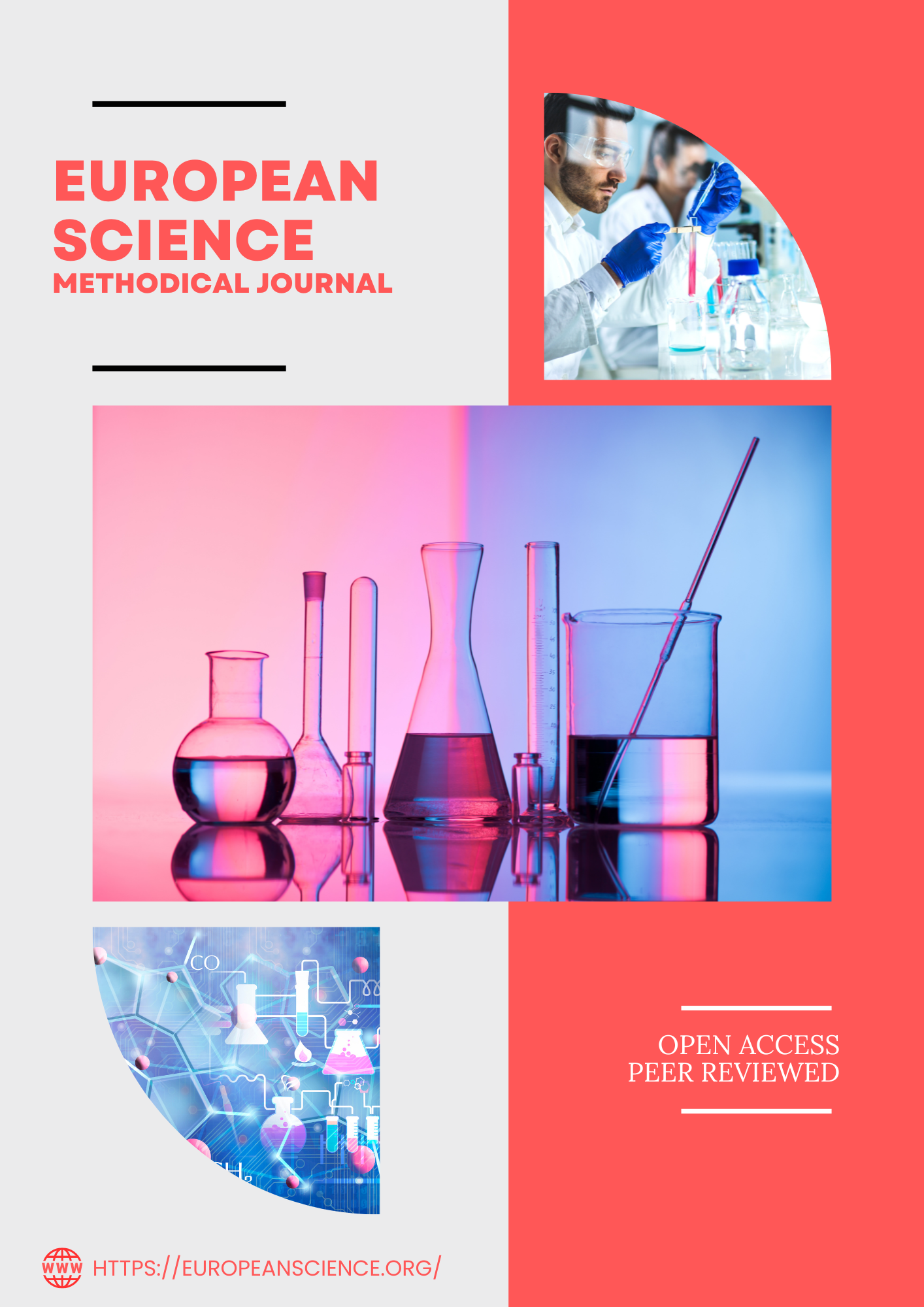EXUDATION IN MEDICINE: MECHANISMS, TYPES AND CLINICAL DIAGNOSTIC SIGNIFICANCE
Keywords:
Inflammation, alteration, exudation, proliferation, mediator, vasodilatation, diltiazem, adhesion, selectin, integrin, exudate.Abstract
Pathological processes of inflammation - alteration, exudation and proliferation - are studied in the work, each of which is given full information. Exudation is an important part of the body's inflammatory response, and it represents the process by which the liquid part of the blood, containing cells, proteins, and other components, escapes from the vascular system into a tissue or body cavity. This process occurs due to the increased permeability of the vessel walls, which allows substances from the bloodstream to reach the point of inflammation. Understanding the mechanism of exudation and its different types is necessary for the correct diagnosis and treatment of many inflammatory and infectious diseases.
Downloads
Published
Issue
Section
License

This work is licensed under a Creative Commons Attribution-NonCommercial 4.0 International License.















